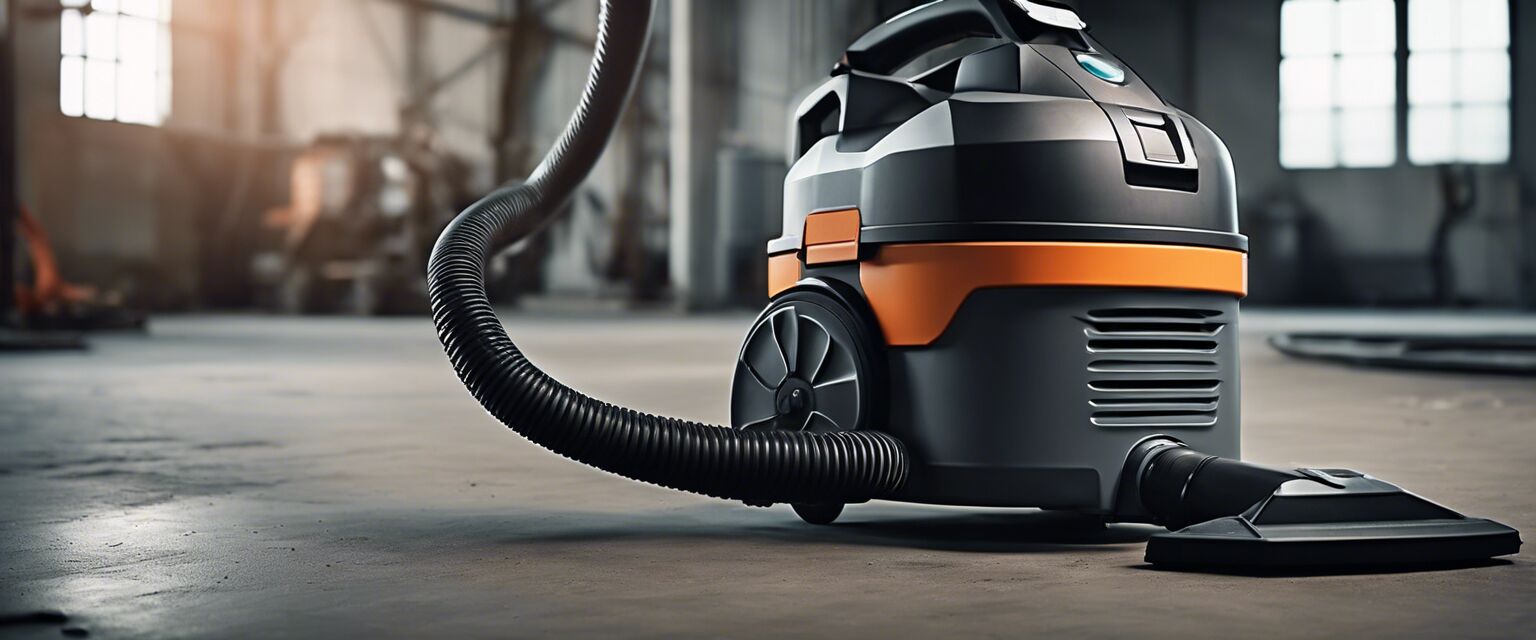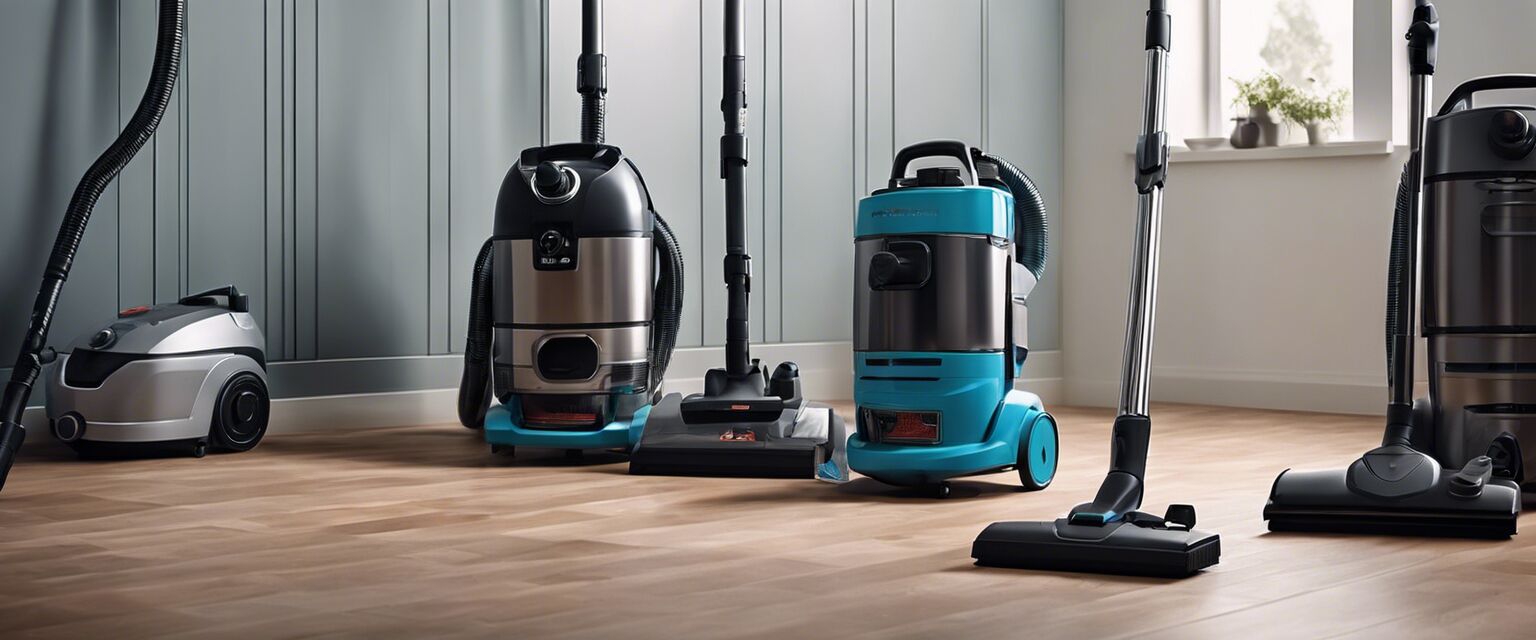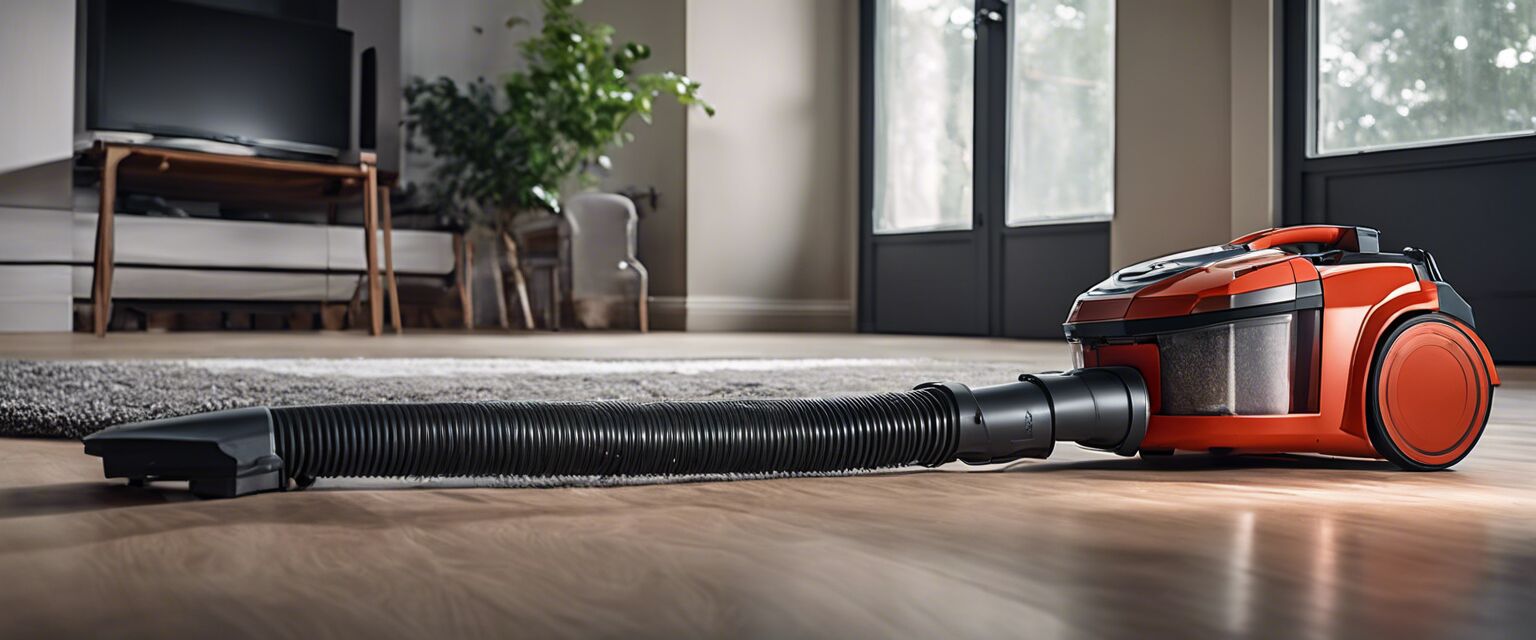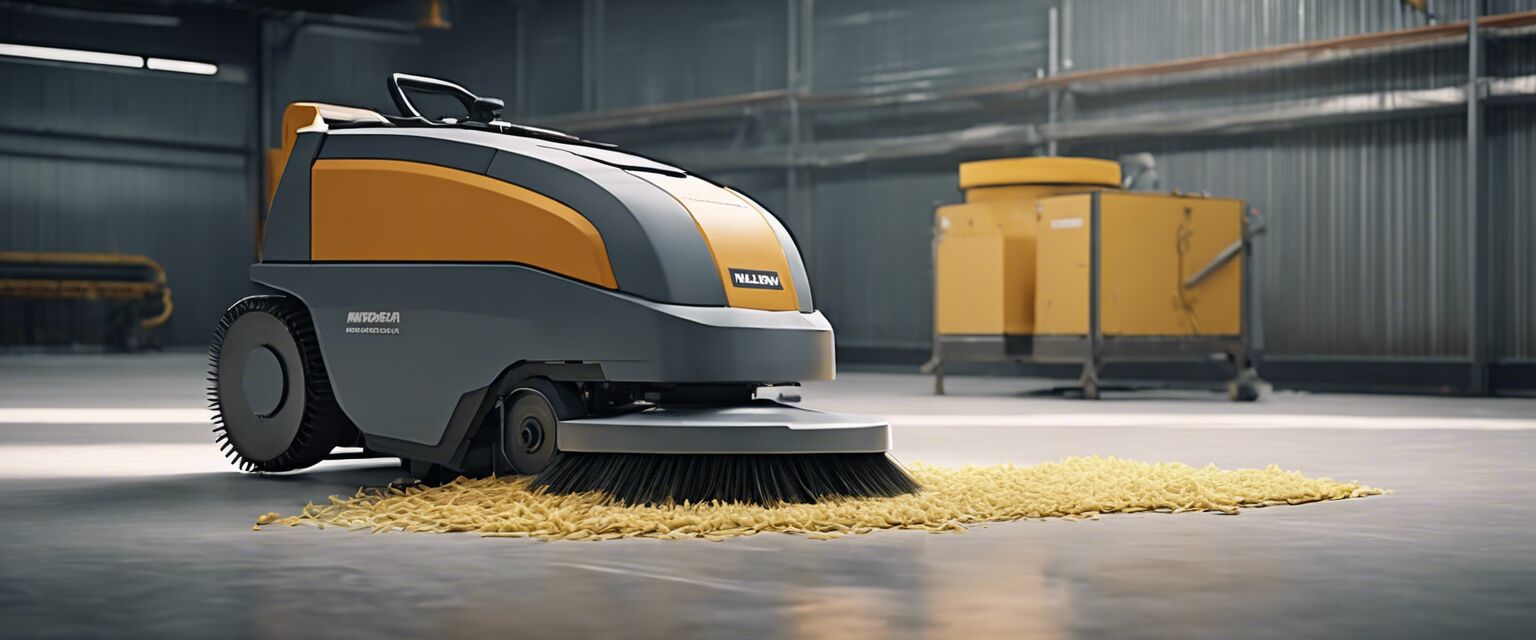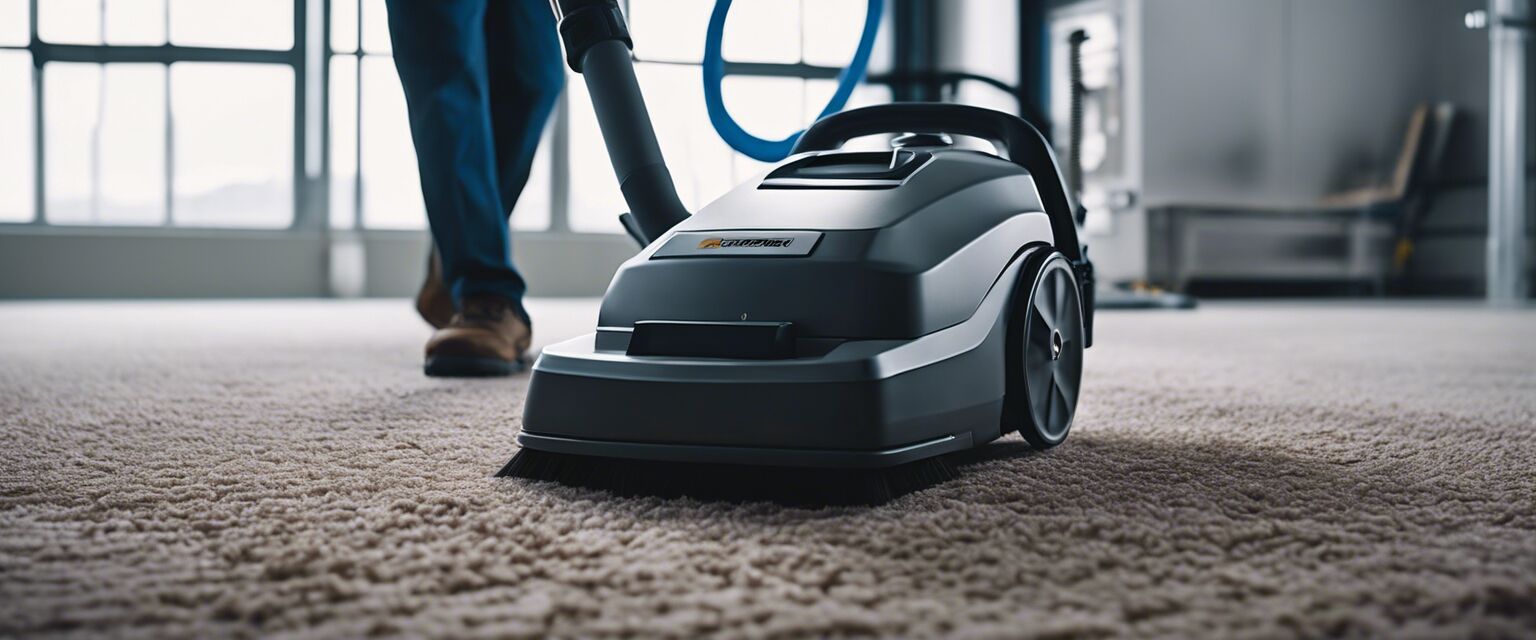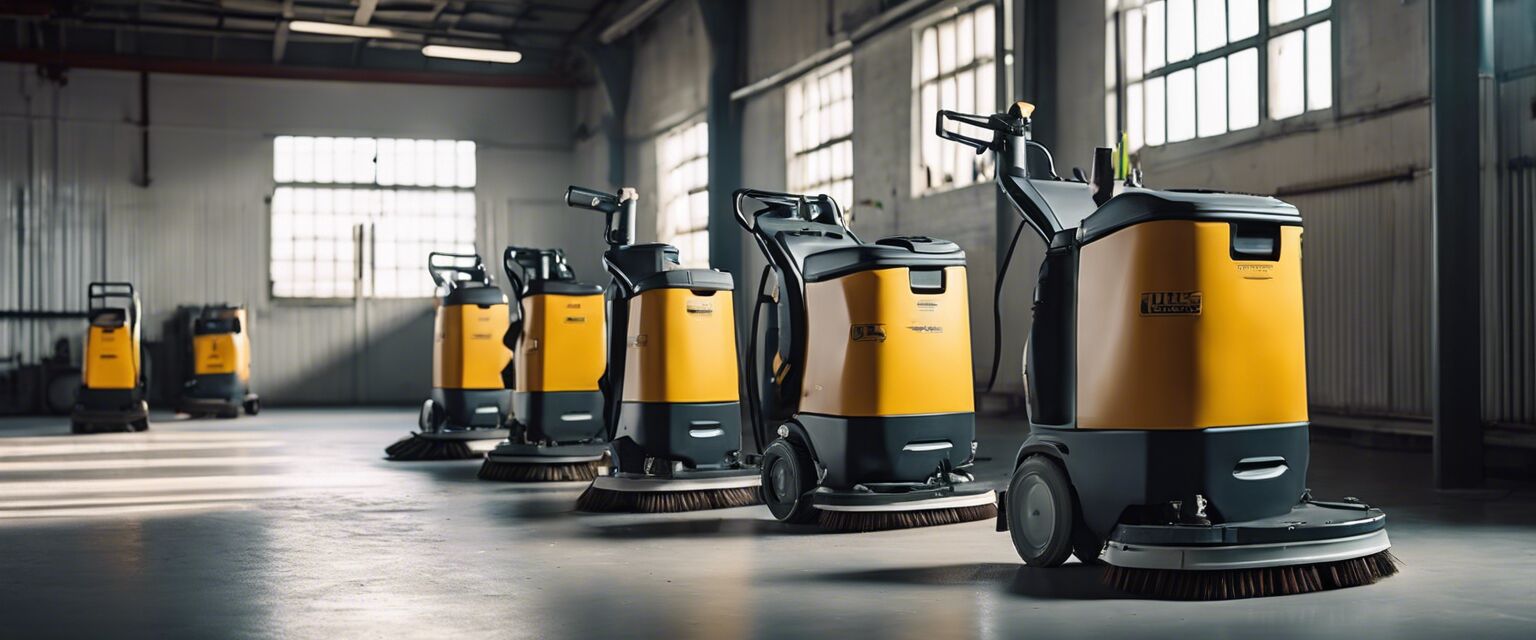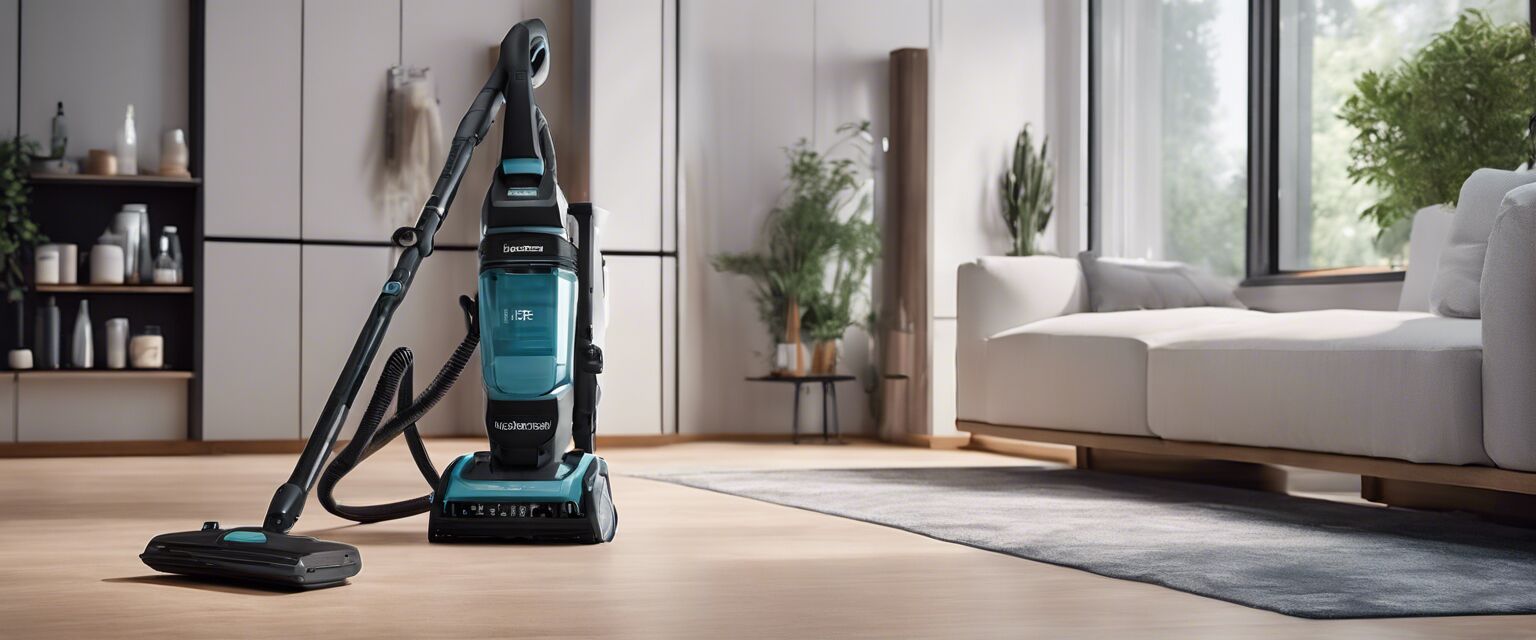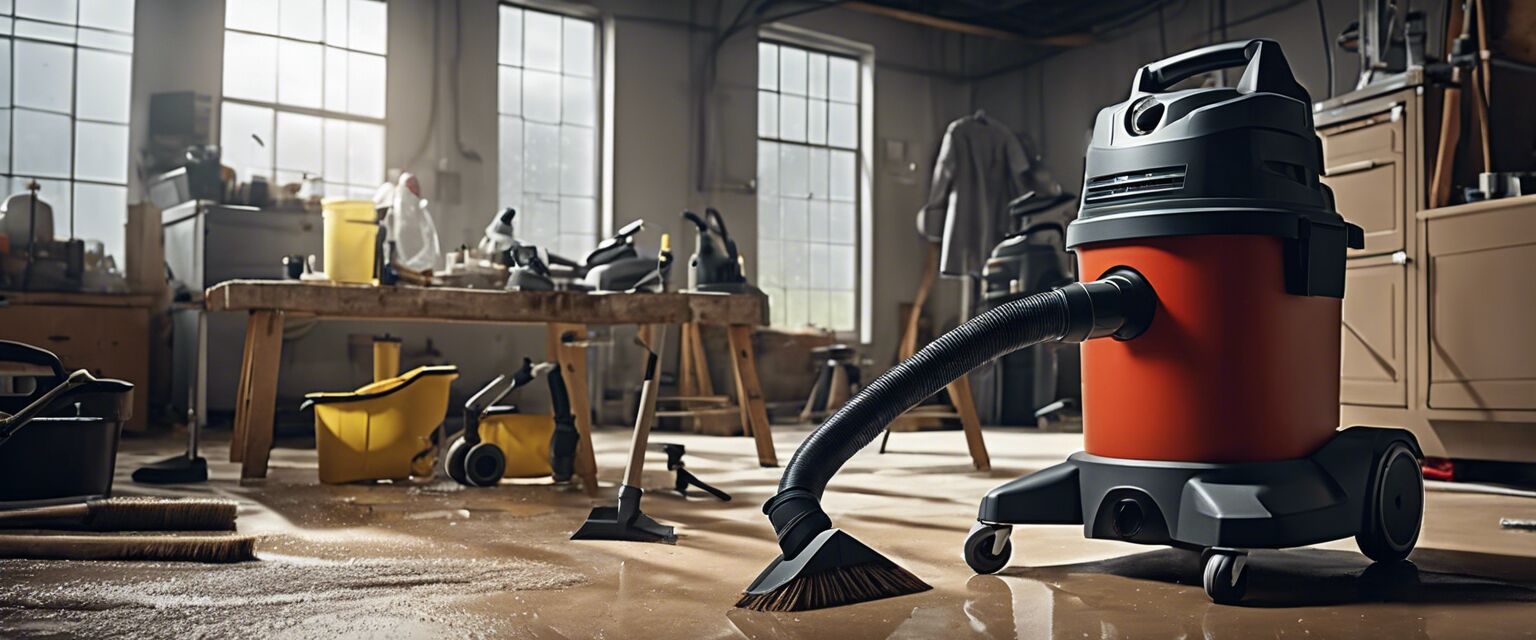
This article was generated using AI and is based on real customer reviews from the Amazon platform. It contains affiliate links, meaning we may earn a commission—at no extra cost to you. As Amazon Associates, we earn from qualifying purchases.
Heavy Duty Vacuum Cleaners
When it comes to maintaining cleanliness in industrial environments, heavy-duty vacuum cleaners are essential tools. These powerful machines are designed to tackle the toughest cleaning jobs, making them indispensable for businesses and facilities that require exceptional cleaning performance. In this article, we will provide comprehensive reviews and comparisons of various heavy-duty vacuum cleaners suitable for industrial use.
Key Takeaways
- Heavy-duty vacuum cleaners are designed for tough cleaning tasks in industrial settings.
- They come in various types, including industrial vacuums, carpet extractors, and floor scrubbers.
- Consider factors such as suction power, capacity, and mobility when choosing a vacuum cleaner.
- Regular maintenance is key to prolonging the life of heavy-duty vacuum cleaners.
Types of Heavy Duty Vacuum Cleaners
Heavy-duty vacuum cleaners are available in several types, each designed for specific cleaning needs. Here are the main categories:
| Type | Description | Best For |
|---|---|---|
| Industrial Vacuums | Powerful vacuums designed for large debris and heavy materials. | Construction sites, warehouses |
| Carpet Extractors | Specialized vacuums for deep cleaning carpets and upholstery. | Offices, hotels |
| Floor Scrubbers | Machines that combine vacuuming and scrubbing for hard floors. | Factories, retail spaces |
| Power Washers | High-pressure cleaners for outdoor surfaces and heavy grime. | Patios, driveways |
| Steam Cleaners | Vacuums that use steam to sanitize surfaces while cleaning. | Hospitals, foodservice areas |
| Sweeper Machines | Machines designed to sweep and vacuum debris simultaneously. | Parks, streets |
Choosing the Right Heavy Duty Vacuum Cleaner
Selecting the right vacuum cleaner for your needs involves considering various factors. Here are some important aspects to keep in mind:
- Suction Power: Look for vacuums with high air watts for effective cleaning.
- Capacity: Choose a size that fits your cleaning area. Larger tanks mean less frequent emptying.
- Mobility: Consider the weight and wheels for easy maneuverability in your workspace.
- Attachments: Check for additional tools that can enhance versatility.
- Filtration: HEPA filters help trap allergens and dust particles for healthier air quality.
Comparison of Popular Heavy Duty Vacuum Cleaners
To help you understand the differences between various models, we have compiled a comparison table of some popular heavy-duty vacuum cleaners:
| Model | Type | Suction Power (AW) | Capacity (Gallons) | Weight (lbs) |
|---|---|---|---|---|
| Vacuum A | Industrial Vacuum | 150 | 20 | 50 |
| Vacuum B | Carpet Extractor | 120 | 10 | 35 |
| Vacuum C | Floor Scrubber | 130 | 15 | 60 |
| Vacuum D | Power Washer | 140 | N/A | 45 |
| Vacuum E | Steam Cleaner | 110 | 8 | 30 |
Pros and Cons of Heavy Duty Vacuum Cleaners
Pros
- Powerful suction for effective cleaning.
- Designed to handle large debris and heavy materials.
- Versatile attachments for various cleaning tasks.
- Robust construction for durability in tough environments.
Cons
- Can be heavy and cumbersome to move.
- Higher cost compared to standard vacuums.
- May require more maintenance.
- Some models can be noisy during operation.
Maintenance Tips for Heavy Duty Vacuum Cleaners
Proper maintenance is essential to ensure the longevity and efficiency of your heavy-duty vacuum cleaner. Here are some tips:
- Regularly check filters: Clean or replace filters as needed to maintain suction power.
- Inspect hoses and attachments: Look for blockages and damage to ensure optimal performance.
- Clean the exterior: Wipe down the vacuum after use to remove dust and debris.
- Schedule professional servicing: Consider periodic check-ups for more complex maintenance.
Conclusion
Heavy-duty vacuum cleaners are invaluable for maintaining cleanliness in industrial settings. By understanding the types available and how to choose the right model, you can enhance your cleaning efficiency. Remember to invest in regular maintenance to prolong the life of your vacuum cleaner and ensure it continues to perform at its best.
For further reading, check out our other articles on:
